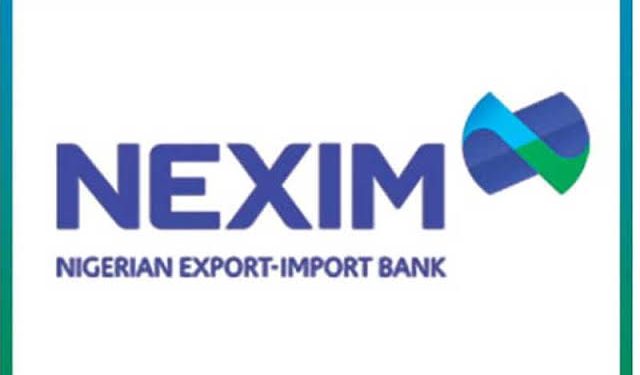The Nigerian Export-Import Bank (NEXIM), in partnership with the German agency Deutsche Gesellschaft für Internationale Zusammenarbeit (GIZ), has launched a new programme aimed at improving access to trade and export financing for Micro, Small, and Medium Enterprises (MSMEs) in Nigeria. The initiative, themed ‘Enhancing Access to Trade and Export Financing for MSME Export’, was unveiled in Jos, Plateau State.
The programme is a strategic response to long-standing challenges faced by Nigerian MSMEs, particularly limited access to finance, technical capacity, and international market entry. Organisers explained that the initiative seeks to strengthen export clusters, enhance competitiveness, and prepare small businesses to participate more effectively in global trade.
Speaking at the event, a Trade and Sector Adviser from GIZ said that export finance remains a critical gap holding back MSMEs. He noted that the SME Export Finance Sensitisation Forum under this programme is designed to educate and link small businesses to funding opportunities that can help them scale internationally.
Representing NEXIM, the Head of Specialised Business emphasised the bank’s commitment to closing the financing gap for small exporters. He noted that SMEs play a key role in economic growth but continue to struggle with constraints such as limited capital, poor infrastructure, and restricted market access. NEXIM, he said, will prioritise sectors with strong export potential including manufacturing, agro-processing, solid minerals, and services.
Also contributing, a senior official from the Nigerian Export Promotion Council (NEPC) stressed the need to build export readiness among SMEs. She reiterated that small businesses are the backbone of the economy and require stronger institutional support to penetrate international markets and boost Nigeria’s non-oil export earnings.
The initiative is expected to drive wider participation of MSMEs in the export value chain, increase foreign exchange earnings, and stimulate broader economic growth. For small businesses, particularly those in production and processing, it presents a pathway to access funding and technical support needed to compete beyond local borders.










